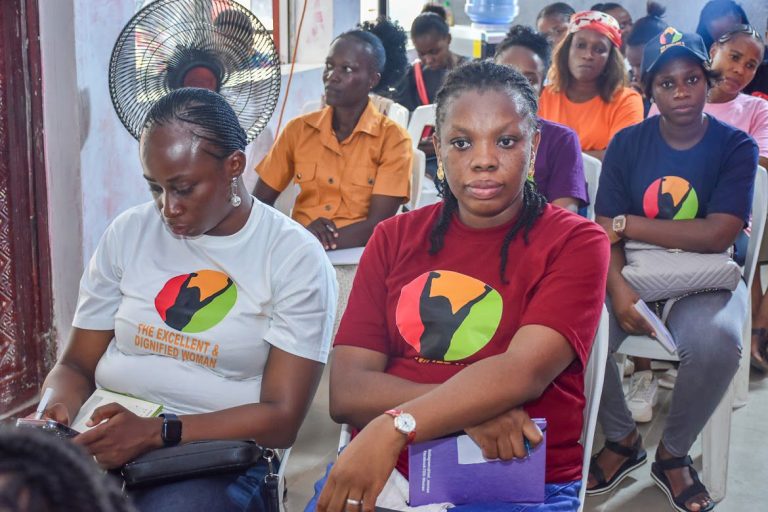By Ibironke Ariyo
Women have been advised to let go of negative emotions and experiences to deal with depression that was increasingly affecting their mental health, relationships, and overall well-being.
The Founder, of The Excellent and Dignified Woman (TED-Woman), an interfaith gathering of women, Mrs Busola Lanre-Oke gave the advice during a women’s forum in Abuja.
The News Agency of Nigeria (NAN) reports that the event titled “Managing Depression at Different Stages and Life Situations” was aimed at raising awareness and offering support to women struggling with mental health issues.
Lanre-Oke, who also served as moderator, stressed the need to let go of emotional outbursts, citing anxiety, and conflicting and unfulfilled expectations as common triggers for depression.
She encouraged women to deal with what they could control, stay active, and seek help when needed.
According to her, idleness can also lead to depression. You have to do something. There is a saying that goes, “An idle mind is the devil’s workshop.”
“Go to work. I personally do not support the idea of a full house.
“Do something, sell something, even if your husband gives you a monthly salary, you can still keep yourself busy by practicing some skill or even selling recharge cards.
“When one is idle, one is prone to depression. It is also important to let go of negative emotions and experiences and stay active to counteract stress and depression.”
Also speaking, medical expert Dr. Samuel Abah shared valuable information on dealing with depression at different stages and situations in life.
Abah stressed that depression can affect anyone, regardless of age, and emphasized the need for prevention and early intervention.
He noted that women were more prone to depression than men, especially during menopause.
“Depression is more common in women than men. Both young children who are women and younger women. As long as you are a woman, you are at risk of depression.
“Learn to ignore things. Learn to rest and rest. If you can do these things; you will not have depression.
“Take care of your health. Menopause is a big thing that also leads to depression but my focus today is on prevention and not treatment of depression,” she said.
Abah, however, praised the organizer for providing a platform to discuss depression and its treatment.
Participants shared their personal experiences with depression, including Mrs. Segen Olotu, who encouraged women to speak up and seek help when needed.
Other participants highlighted the physical and emotional effects of depression, including sudden ageing, sadness and loss of interest in activities.
NAN reports that the forum provided a safe space for women to share their stories, get support and learn coping strategies to manage depression.
More than 100 women participated in the program. The highlights of the event were the discussions, opinions, suggestions, questions and answers from the resource person and participants.



